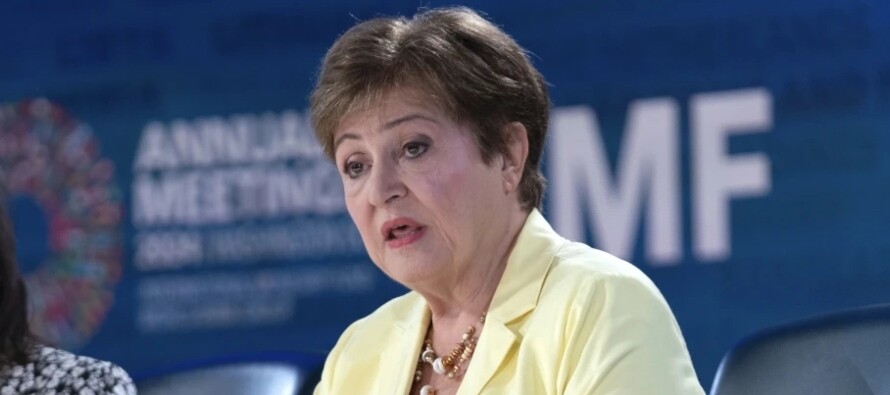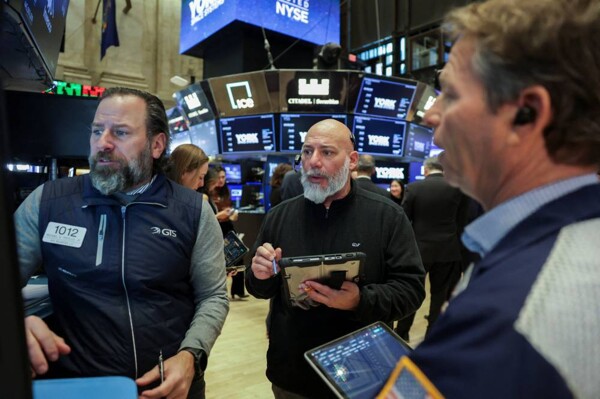
The global economy faces significant challenges, despite world leaders stating that their economies are relatively healthy. The International Monetary Fund (IMF), an organization that seeks to promote economic growth and financial stability worldwide, has communicated that despite the decrease in price pressures, there is a sense of unease among the population regarding their economic prospects.
In a landscape where inflation that spiked in 2021 and 2022 has been managed, the IMF indicates that significant progress has been made. However, IMF Managing Director Kristalina Georgieva warns of the possibility that the global economy may stagnate in a scenario of low growth and high debt, which could lead to a complicated economic situation in the future.
According to Georgieva, numerous countries are facing the challenge of dealing with the debts incurred during the COVID-19 pandemic. The IMF director urged Chinese authorities to take robust measures to boost the economy of their country and avoid a sharp decline in economic growth.
The IMF projects that the global economy will grow this year at a rate considered "anemic" at 3.2%. Amid rising conflicts and geopolitical tensions, international trade is in a mediocre state. Global public debt is expected to exceed 100 trillion dollars this year, largely due to rising interest rates and the reduction of supply chain delays that have caused shortages and price increases.
Despite these forecasts, Georgieva insists that there are signs of a soft landing for the global economy, although she acknowledges that many people continue to struggle with high prices and economic uncertainty. The IMF director also highlights that trade no longer plays as relevant a role as a growth engine in the global economy.














